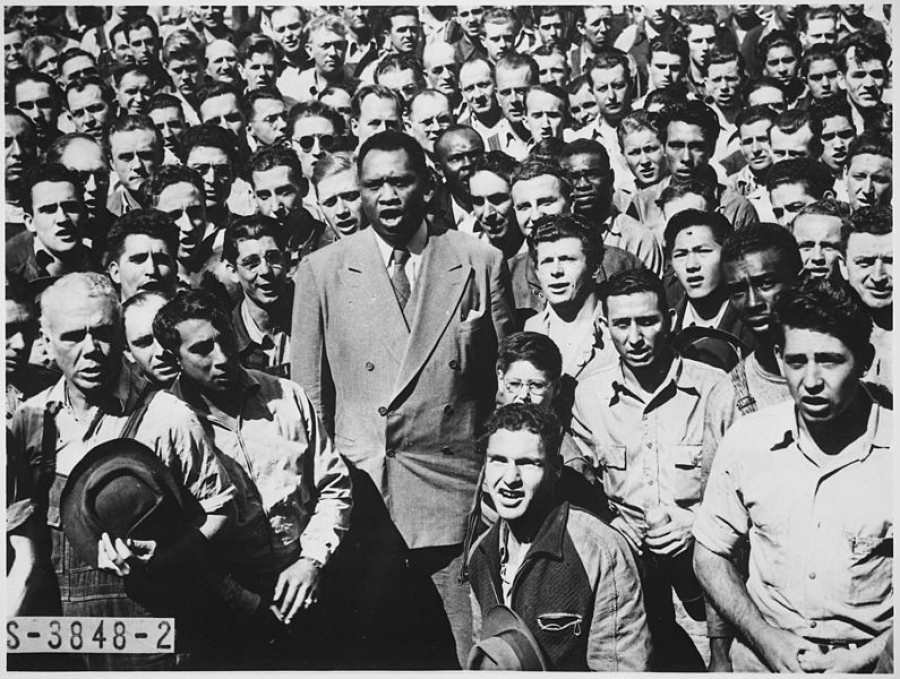Field research
- 2015-Ongoing
- exhibition & book
- Garage Moscou
The research project initiated by artist Sammy Baloji explored the transformation of the Belgian Congo into the Democratic Republic of Congo in 1964, Patrice Lumumba’s role in the country’s struggle for independence, and Joseph-Désiré Mobutu’s dictatorship, which lasted over thirty years.
Looking at how communism influenced Congolese art and culture during Mobutu’s rule, the research drew parallels between two historical periods: the political perturbations in the eastern European socialist republics after World War II and the Zairianization movement of the 1970s, which became state ideology under Mobutu.
Baloji’s analysis of Soviet influence was not reduced to politics: it included a study of cultural and lifestyle changes during Zairianization, with its ambitious goal to revive traditional African culture. The research project spanned several cities, including Brussels, Kinshasa, and Lisbon. Baloji visited the National Archive of Torre do Tombo in Portugal and interviewed a number of experts, including Belgian anthropologist Jean Omasombo, Congolese historian and writer Kivilu Sabakinu, and Russian film expert Alexander Markov.
In Field Research: Liberating Knowledge. Progress Report II Baloji presented archival materials he had discovered at the Center of Archives of Communism in Belgium, including propaganda leaflets and posters that were distributed in Belgium by youth groups with communist leanings, which showed the relationship between the former colony and Belgian communists. He also exhibited Frise Obus (2017), a photocollage specially made for the exhibition and which explored ecological and socio-political issues that remain central to Congolese history.

